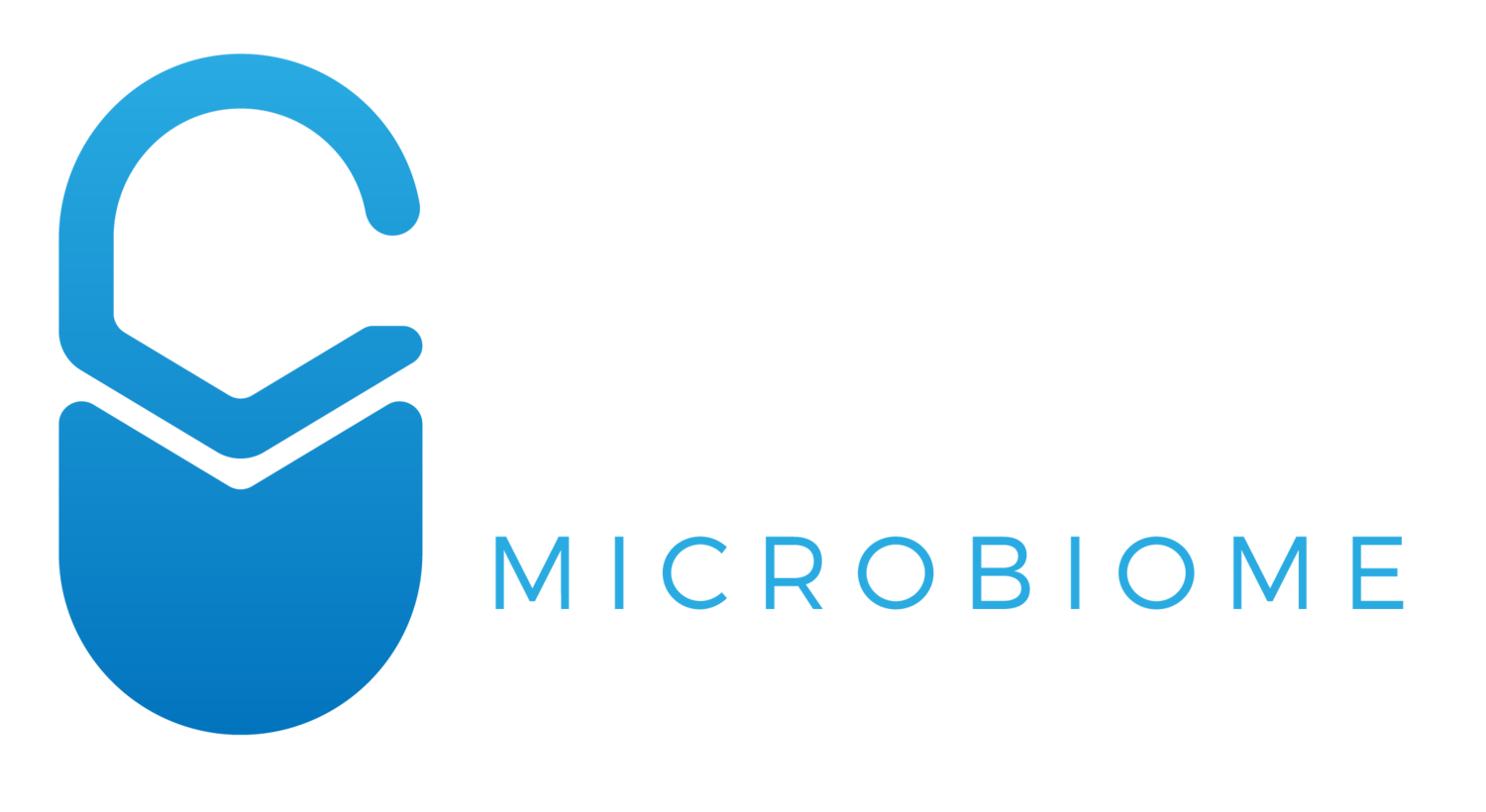The Skin-Deep Benefits of Probiotics: More Than Just Gut Health
When we think of probiotics, we often associate them with gut health, envisioning improved digestion and a balanced intestinal flora. Yet, the scope of probiotics extends well beyond the confines of our digestive tract, reaching the largest organ of our body—our skin.
A Closer Look at Probiotics
Probiotics are live microorganisms, often dubbed as ‘friendly bacteria,’ that confer a health benefit to the host when administered in adequate amounts. They are found in various foods, like yogurt and sauerkraut, and are also available as dietary supplements.
Probiotics and Skin Health: A Symbiotic Relationship
Recent research illuminates the profound impact probiotics can have on skin health. A 2016 review shed light on how these microscopic allies help maintain the skin’s pH, bolster its moisture barrier, and alleviate oxidative stress—a key factor in skin aging. Moreover, they can diminish the damage wrought by harmful UV rays, offering a layer of protection against one of the skin’s most formidable adversaries: the sun.
The Fight Against Skin Conditions
The battle against skin ailments such as acne, eczema, and psoriasis may find a surprising ally in probiotics. Studies have shown that these beneficial bacteria can potentially prevent and even treat such conditions, thanks to their anti-inflammatory properties. They’re particularly promising in managing atopic dermatitis and allergic inflammation, offering relief to those who grapple with these chronic issues.
Topical Probiotics: A New Frontier in Skincare
While ingesting probiotics has its benefits, applying them directly to the skin has emerged as a revolutionary approach. Topical probiotics have been associated with the treatment of inflammatory skin diseases and show potential in enhancing wound healing—turning the tide in the way we approach skin recovery and maintenance .
Inside Out: Gut Health’s Role in Skin Condition
The health of our gut microbiome is inextricably linked to our overall well-being, including the health of our skin. The gut-skin axis suggests that a balanced internal microbiome, supported by probiotics, contributes to a stronger immune system and, by extension, a healthier, more radiant complexion .
Incorporating Probiotics Into Your Skincare Regimen
As the skincare industry evolves, so does its embrace of probiotics. From creams to serums, these products aim to restore balance to your skin’s bacterial ecosystem. When choosing probiotic-infused products, look for ones containing live cultures and other skin-supportive ingredients.
The Takeaway
Probiotics are an exciting frontier in the quest for optimal skin health. Their ability to protect, heal, and maintain the skin is drawing attention not just from health enthusiasts but from the medical community as well. As research continues to unfold, we may find ourselves redefining skincare routines to include not just cleansers and toners, but a healthy dose of these microscopic benefactors.
Whether you choose to include probiotics in your diet or apply them topically, the potential for improved skin health is promising. So next time you enjoy a cup of yogurt, remember that its benefits might just be reflected in the mirror.

